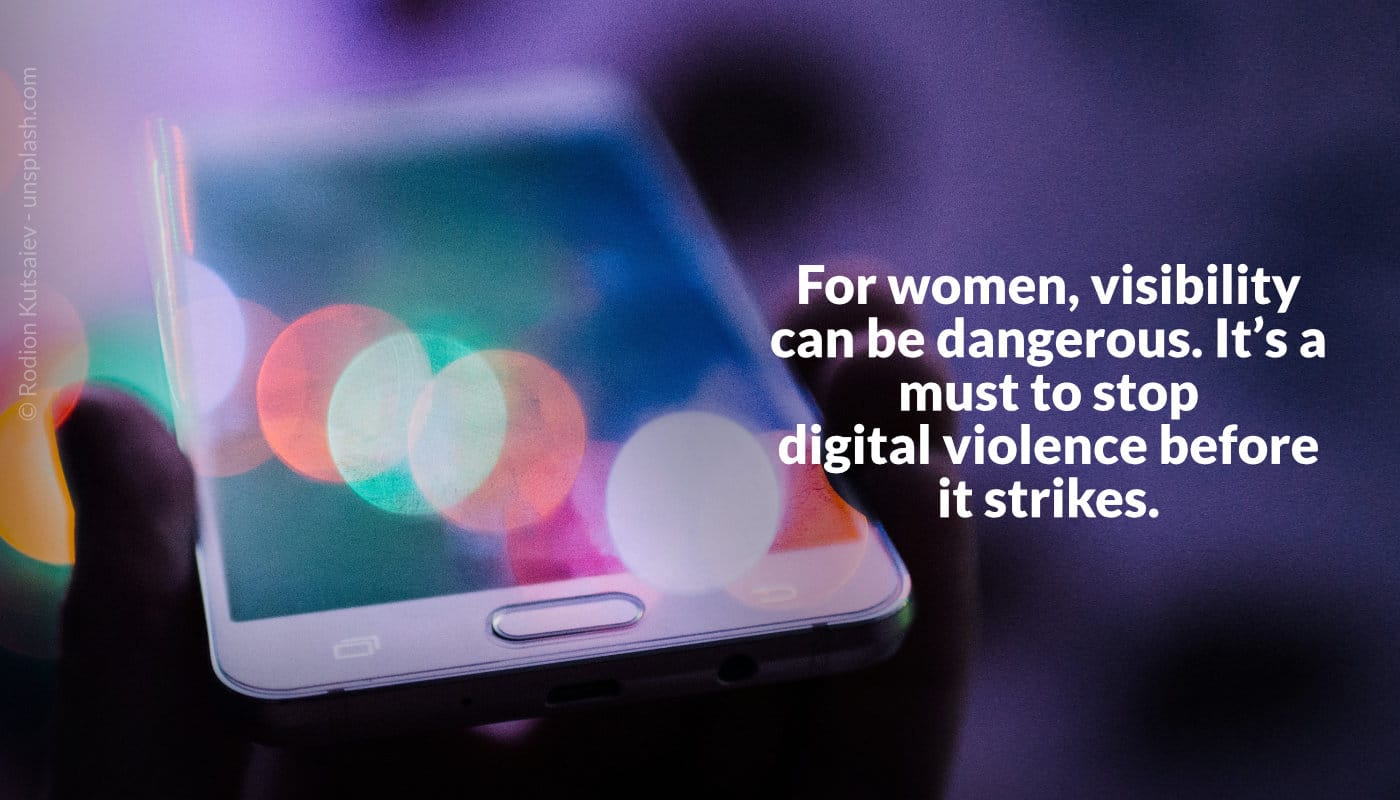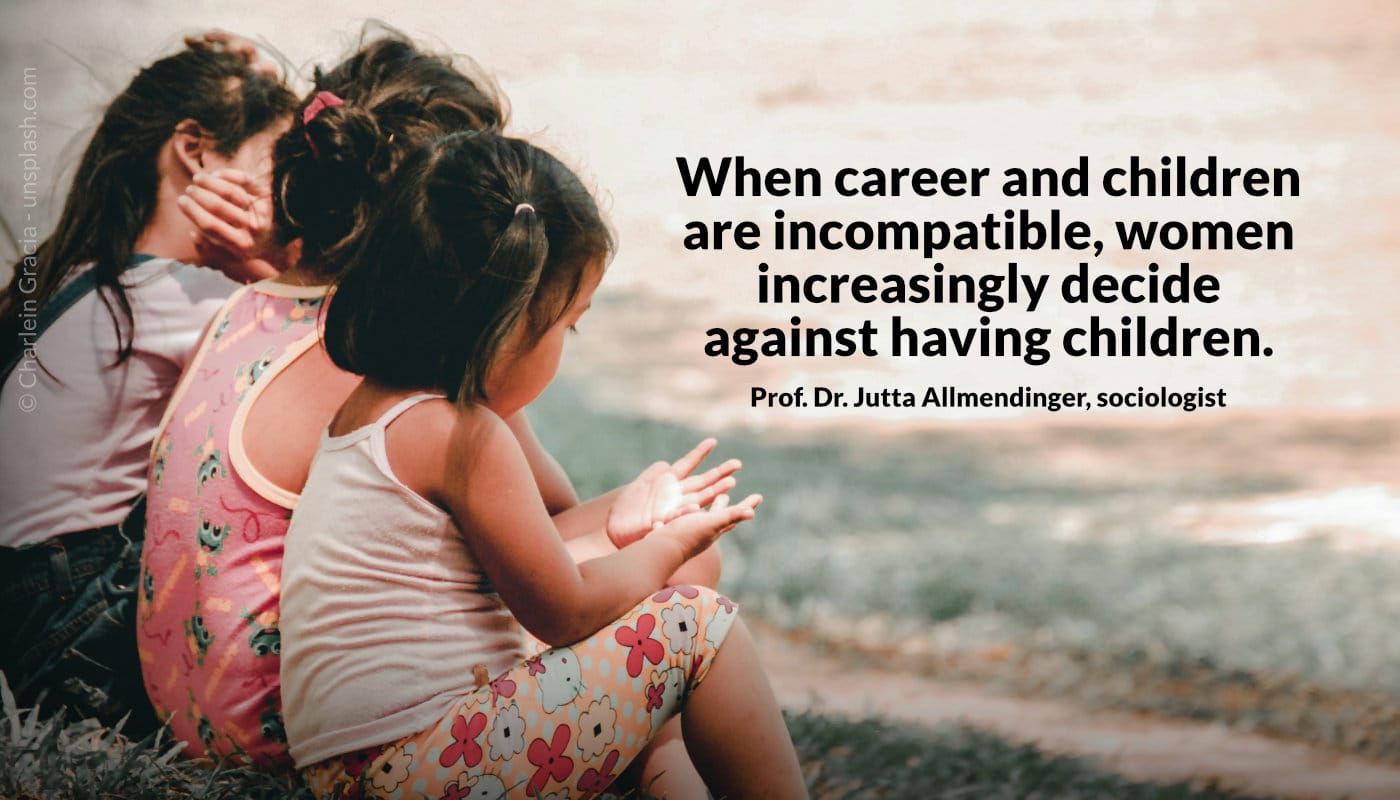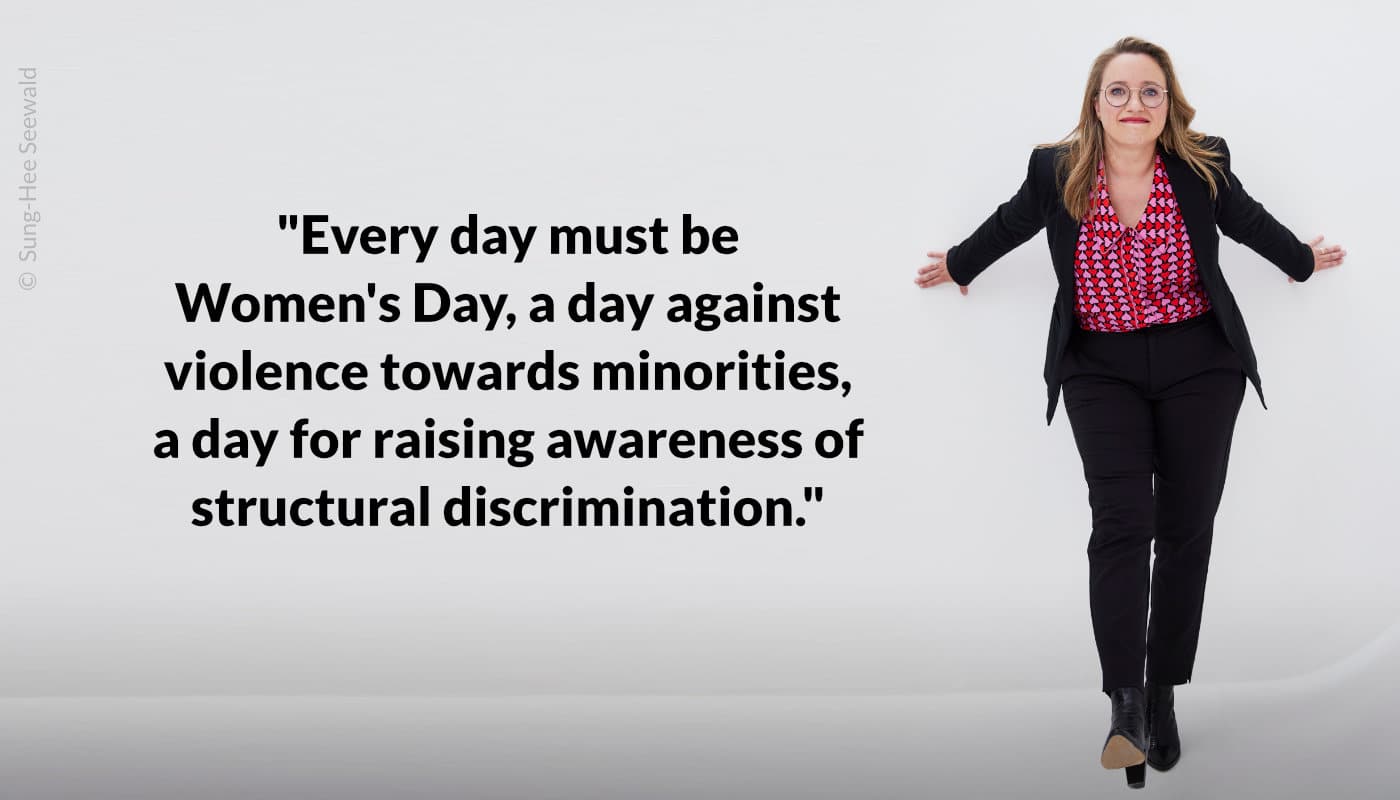“Go to the police”: When it comes to sexual violence, that’s easier said than done. Only one in ten rapes is reported at all. Johanna Dürrholz and Franziska Pröll explore why so many rapes go unreported in the Frankfurter Allgemeine Zeitung.
Angela Wagner from the Women’s Helpline Frankfurt hears from many affected women: “I can’t bear it.” Sometimes guilt prevents them from filing a report – because they were “careless” or “didn’t resist” – or they don’t want to have to testify about intimate experiences in court or hope to forget what happened instead of being confronted with it repeatedly. Lack of evidence, the humiliating prospect of failure, or fear of the perpetrator can also come into play, according to the Federal Criminal Police Office (BKA), most perpetrators and victims are close, and a report would have serious consequences not only for the two parties involved but also for friends and family.
Even if the woman still decides to file a report, this does not always lead to criminal proceedings. Often, the public prosecutor’s office does not press charges because there is no “sufficient suspicion of a crime.”
It often takes many months for a court hearing to take place. Those who have experienced something as traumatic as rape usually gain a certain inner distance during this time. “When the court letter suddenly arrives in the mailbox, it’s a shock for many.”
According to Tobias Singelnstein, Professor of Criminal Law, many defense lawyers do not want to represent defendants in rape cases because these proceedings “practically inevitably involve questioning the credibility of alleged victims of sexual offenses.”
Lawyer Christina Clemm, author of the book “Against Misogyny,” therefore calls for questioning the legally common definition of consensual sex. Although “No means No” has been in force in German sexual criminal law since 2016 – it is sufficient that the victim did not want sex and this was apparent to the perpetrator. However, if the woman, possibly in a state of shock, does not convey “No,” no one should simply assume that she agrees.
Especially when objective evidence is lacking, the victim’s statement is central in court. If doubts about credibility cannot be dispelled, the defendant must be acquitted. Singelnstein sees the limits of criminal law here and argues for focusing on society. “We live in a patriarchally structured society in which there is a power relationship between men and women that is also expressed in sexual offenses.”
Nevertheless, Angela Wagner wants to help women who do not want to let a rape go unaddressed to overcome their own fears and the reservations of others. She says, “Every woman who files a report has my utmost respect.”

Posted by herCAREER,
References:
- Frankfurter Allgemeine Zeitung: https://www.faz.net/aktuell/gesellschaft/warum-so-viele-vergewaltigungen-nicht-angezeigt-werden-19605195.html












